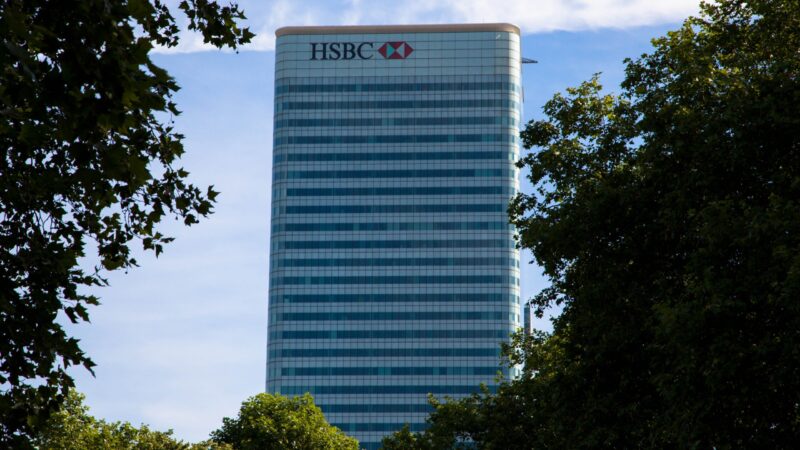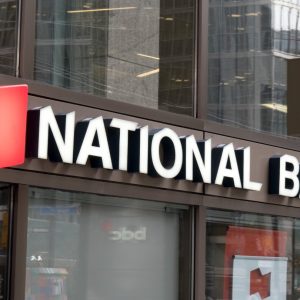
Bank of England’s Prudential Regulation Authority (PRA) has levied a fine of £57.4m on two HSBC subsidiaries for historical shortcomings in safeguarding depositors.
The subsidiaries that have been fined by the British financial services regulatory body are HSBC Bank (HBEU) and HSBC UK Bank (HBUK).
According to Bank of England, the shortcomings stem from the banks’ failure over several years to effectively implement the guidelines outlined in the Depositor Protection Rules. This includes inaccurately identifying deposits eligible for protection under the Financial Services Compensation Scheme (FSCS).
The lapses occurred at HBEU from 2015 to 2022 and at HBUK from 2018 to 2021. This fine is the second-highest ever imposed by the Prudential Regulation Authority.
As per the Depositor Protection Rules, firms must maintain robust systems for critical information needed by the FSCS during a firm’s failure.
HBEU’s failure to comply undermined its resolution readiness, according to the Prudential Regulation Authority. Moreover, HBEU had allegedly neglected to promptly inform the regulator about issues related to incorrectly labelling accounts for FSCS protection, thereby breaching expectations of transparency and timeliness.
HBEU also did not produce finalised annual reports confirming compliance with regulatory requirements.
Bank of England said that the banks failed to properly assign ownership and oversight for Depositor Protection Rules, including lacking a designated senior manager.
Prudential Regulation Authority CEO and Prudential Regulation Deputy Governor Sam Woods said: “The serious failings in this case go to the heart of the PRA’s safety and soundness objective. It is vital that all banks comply fully with our requirements around preparedness for resolution.
“HBEU fell far short of its obligations in this area and failed to disclose its failings to us in a timely manner. These failures led to today’s action, including the significant fine.”
Bank of England stated that the firms’ collaboration during the investigation, which involved promptly admitting to certain rule breaches, led to a 15% decrease in the penalty.
Additionally, by agreeing to settle the issue, they qualified for a further 30% reduction in the fine. Without these deductions, the regulator’s imposed fine would have been £96.5m.






